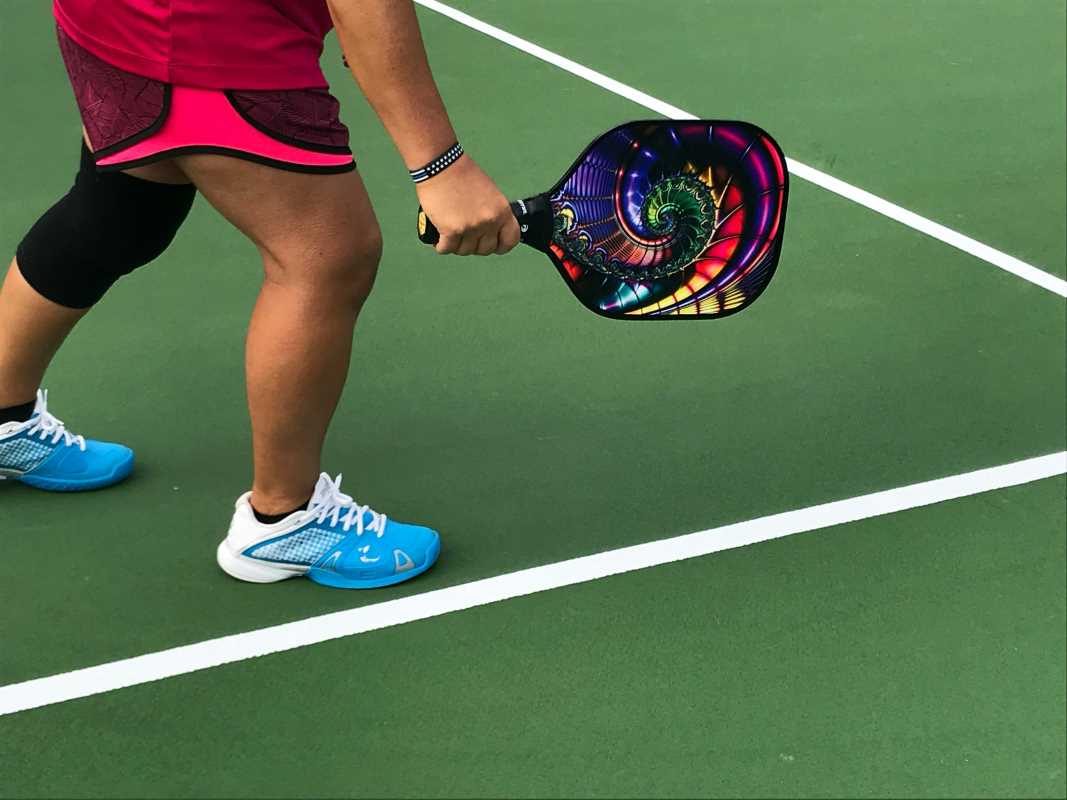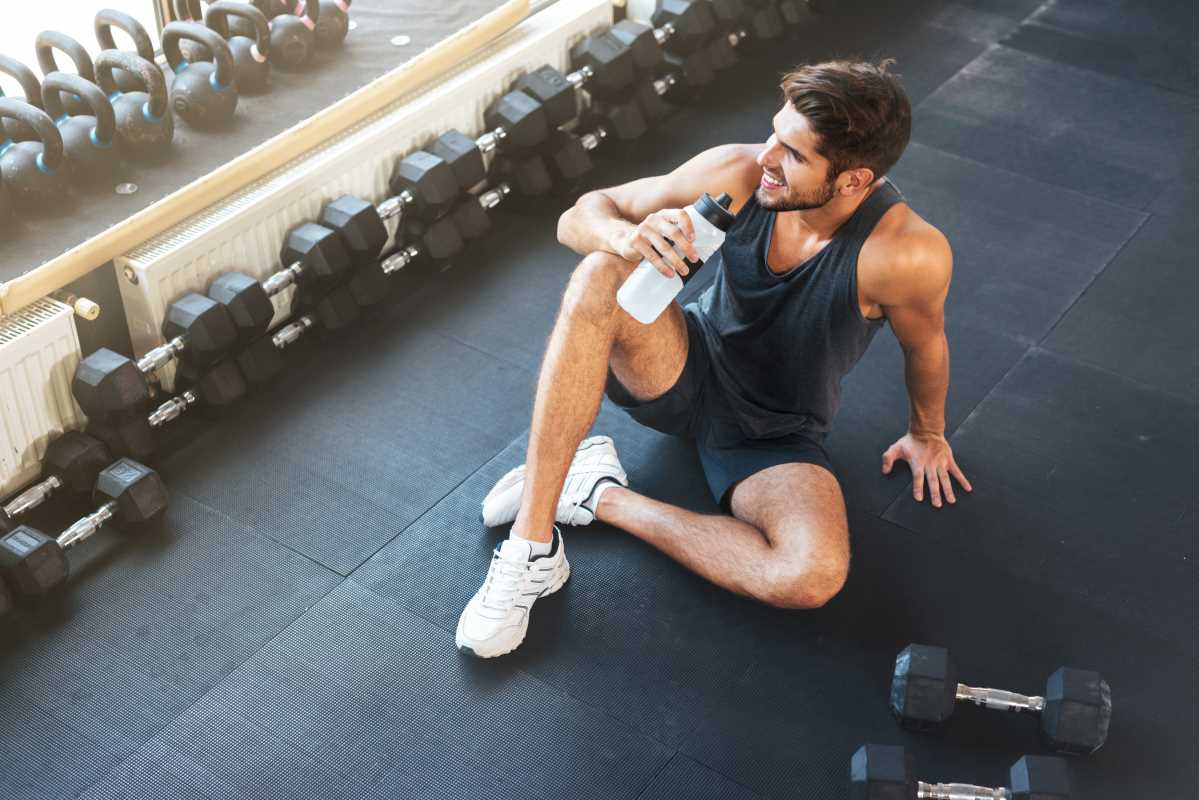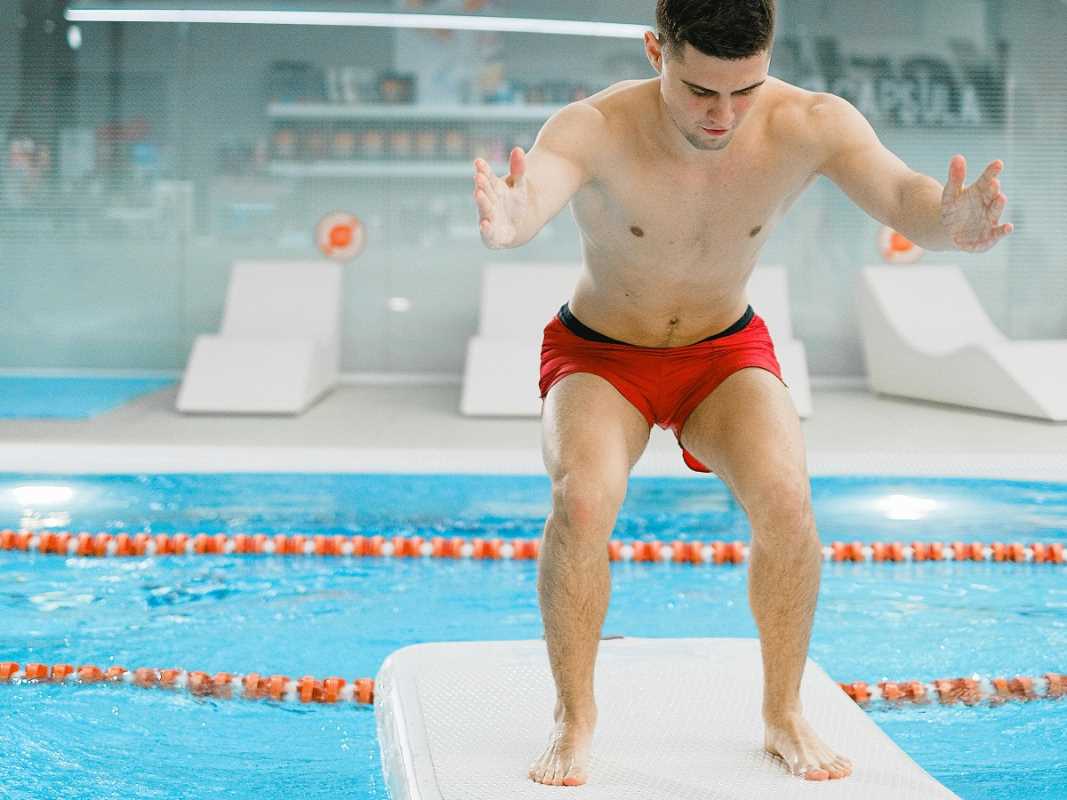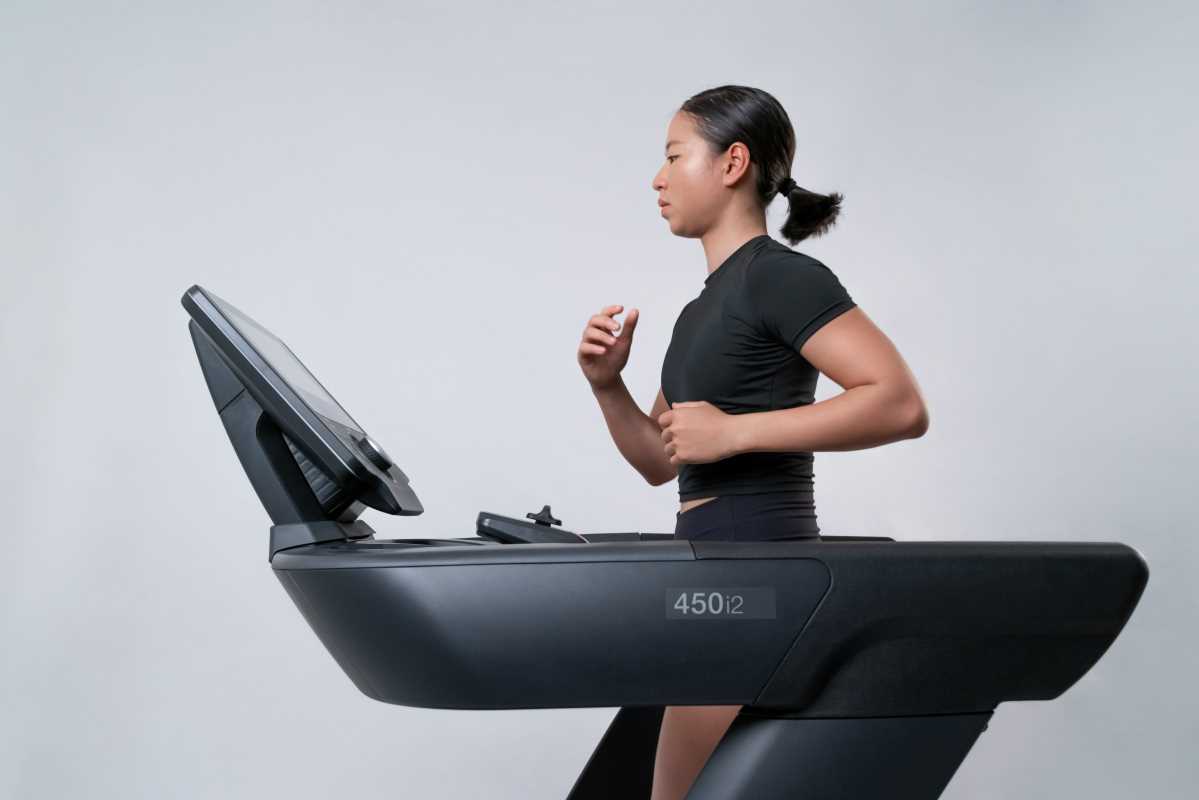Athletic shoes do more than just make a fashion statement; they are essential tools for enhancing your physical performance. Whether you're dashing around the track, pushing limits at the gym, or making a statement in the latest streetwear, choosing the right footwear is pivotal. The perfect pair not only boosts your comfort and support but also significantly impacts your ability to excel. Recognizing how critical arch support is can transform how you perform, helping you stay a step ahead of the competition. So, lace up those shoes and get ready to elevate your game to new heights.
Why Arch Support Matters
- Enhances overall foot stability, reducing the risk of injuries.
- Distributes pressure evenly across your feet, preventing pain and fatigue.
- Improves athletic performance by providing a solid foundation for movement.
- Supports proper alignment of the ankles, knees, and hips, minimizing strain on your body.
- Increases comfort during extended periods of activity, allowing you to train harder and longer.
Types of Athletic Footwear
Choosing the right type of athletic footwear is essential for providing the necessary arch support tailored to your specific needs. Here are some popular options:
- Running Shoes: Designed with cushioning and arch support to absorb impact and provide comfort during repetitive motion.
- Cross-Trainers: Versatile shoes that offer stability and support for various types of workouts, including weightlifting and aerobics.
- Basketball Shoes: Built with high-top designs to support the arches and ankles, offering protection during quick lateral movements.
- Soccer Cleats: Engineered to provide arch support while ensuring traction on the field.
- Stylish Athletic Sneakers: Merge fashion with functionality, offering arch support without compromising on style.
Expert Tips for Choosing the Right Shoes
- Evaluate Your Arch Type: Determine whether you have a high, medium, or low arch to select shoes that offer the appropriate support.
- Prioritize Fit and Comfort: Ensure there’s enough room in the toe box and that the shoe hugs your foot without being too tight.
- Check for Proper Cushioning: Look for shoes that provide ample cushioning, especially in the midsole, to absorb shock and reduce strain.
- Consider the Activity: Different activities require different types of support and flexibility in footwear.
- Look for Stability Features: Features like a firm heel counter and a supportive midsole can enhance stability and prevent overpronation.
- Test the Shoes: Walk or run in them to ensure they feel comfortable and supportive during movement.
- Upgrade Regularly: Replace your shoes every 300-500 miles to maintain optimal support and performance.
Understanding Your Arch Type
Identifying your arch type is a crucial step in selecting the right athletic footwear. Here are some methods to assess your arch:
- The Wet Test: Wet your foot and step onto a piece of paper or a flat surface. Examine the imprint:
- Low Arch: Most of the foot makes contact, indicating minimal arch support.
- Medium Arch: A moderate curve is visible, suggesting a balanced arch.
- High Arch: Only the heel and forefoot touch the ground, showing a high, pronounced arch.
- Professional Assessment: Visit a specialist or a reputable shoe store that offers gait analysis to get a detailed understanding of your arch and foot mechanics.
- Self-Evaluation: Pay attention to where you feel pressure or discomfort during activities, which can hint at your arch type.
Understanding your arch type not only helps in selecting the right shoes but also plays a role in preventing injuries and enhancing performance.
Common Footwear Issues and Solutions
Poor arch support can lead to various foot and body issues. Here are some common problems and how to address them:
- Plantar Fasciitis: Inflammation of the plantar fascia can cause heel pain. Choose shoes with strong arch support and cushioning to mitigate this.
- Overpronation: Excessive inward rolling of the foot can lead to knee and hip pain. Look for stability shoes with medial supports to correct this.
- Bunions: Tight shoes can exacerbate bunions. Opt for wider toe boxes and adjustable features to accommodate foot shape.
- Blisters and Calluses: Friction from ill-fitting shoes can cause skin issues. Ensure proper fit and consider moisture-wicking socks to reduce friction.
- Achilles Tendinitis: Tightness in the Achilles tendon can improve with shoes that offer good heel support and flexibility.
Selecting appropriate footwear to address these issues promptly can prevent long-term damage and keep you performing at your best.
Selecting athletic footwear with proper arch support is crucial for performance and style. Understand your arch type and choose wisely for success.
 (Image via
(Image via





